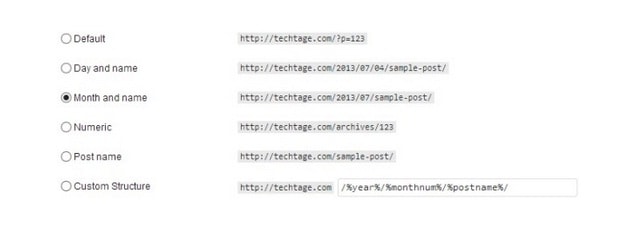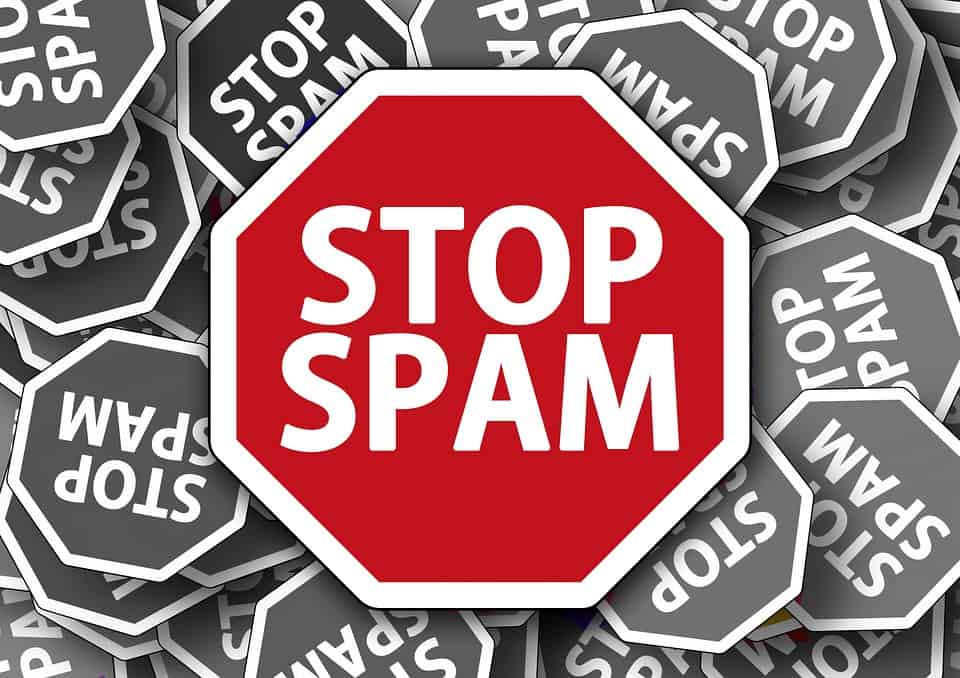
12 Apr Tips to Boost WordPress Seo
Everybody knows that it’s easy to set up a WordPress website be it a blog or an e-commerce store. This is one of the reasons why WordPress is a popular platform.
While it is relatively easy to get a website using WordPress, it’s not SEO friendly. The good news is that there is a way to transform WordPress’ “decent” SEO to excellent.
Here are some tips for you.
Good Web Host
The first step is to pick a good web host. As we know, Google tends to rank websites with fast loading speeds higher in SERPs. Therefore your pages should load within 1.5 seconds.
Don’t choose web hosts from the “top 10 best hosting providers”. Do your research and read reviews and feedbacks.
Start With Your WordPress Blog
Use WordPress’ ‘discourage search engines from indexing this site‘ until you’re done editing your new blog and ready to publish it. When this option is enabled, it disallows search engines (bots) to crawl your pages (handled from robots.txt).
Change Default Permalink Structure
WordPress uses ‘?p=[id]‘ permalinks by default. Sadly this is not search engine friendly. Not changing it will make you lose the opportunity to put important keywords in your permalink.
Switch to the ‘yourdomain.com/year/month/post-name/‘ instead.

Use an .xml Sitemap Plugin
Installing an .xml sitemap plugin is important for WordPress blogs. This provides search engines like Google links to all the pages in your sitemap. Use the .xml format to help them index your site faster.
Google XML Sitemaps is a good plugin for WordPress sites.
Install SEO Plugin and Use rel=”canonical”
Installing a good SEO plugin is a must because it takes care of many SEO tasks automatically. As soon as you install a plugin, enable the rel=”canonical” tag for pages on your blog. It helps search engines to original source URLs of your blog. This will help you avoid duplicate content issues from WordPress sites.
A good choice for SEO plugin is All in One SEO Pack by Michael Torbert. It has a wide range of options for ink canonicalization, page titles, meta description, keywords optimization, noindexing categories, tags and archives, Google Plus authorship, Google Analytics and Google Webmaster Tools verification.
Nofollow Untrusted and Useless Links
A hyperlink with a rel=”nofollow” attribute means that the webpage is telling search engines not to follow the link and that it does not guarantee the reliability of the linked page. Additionally it also ensures that it gets no page rank points from the page the link was posted on.
Google advises to set unrelated links as nofollow including paid advertisements on websites with links to the advertisers’ websites. You should also set nofollow links like RSS feeds that are not related the website that they’re posted on, or are not useful to search engines.
Block Spam Comments

Spam comments should be blocked because they don’t contribute anything to your blog and annoy legitimate users. Secondly, search engines don’t like it.
If search engines see spam on your website or blog you could end up penalized. While WordPress does a good job of blocking spam comments, you should still prevent spam comments from being posted by using a plugin.
Link New Posts to Old Posts
Internal linking is very important and is a good way to feed search engines. This makes your blogs look like a virtual map of related posts and makes your site easier to navigate not only for users but for bots too.
Linking to old but related posts using manually chosen anchor texts tend to perform better compared to using a related post plugin. Linking to old posts also helps them to get more traffic.
There are many other techniques you can employ to make your WordPress blog or site perform better in terms of SEO. Starting with these tips will surely help you boost traffic and SERP rankings.

No Comments